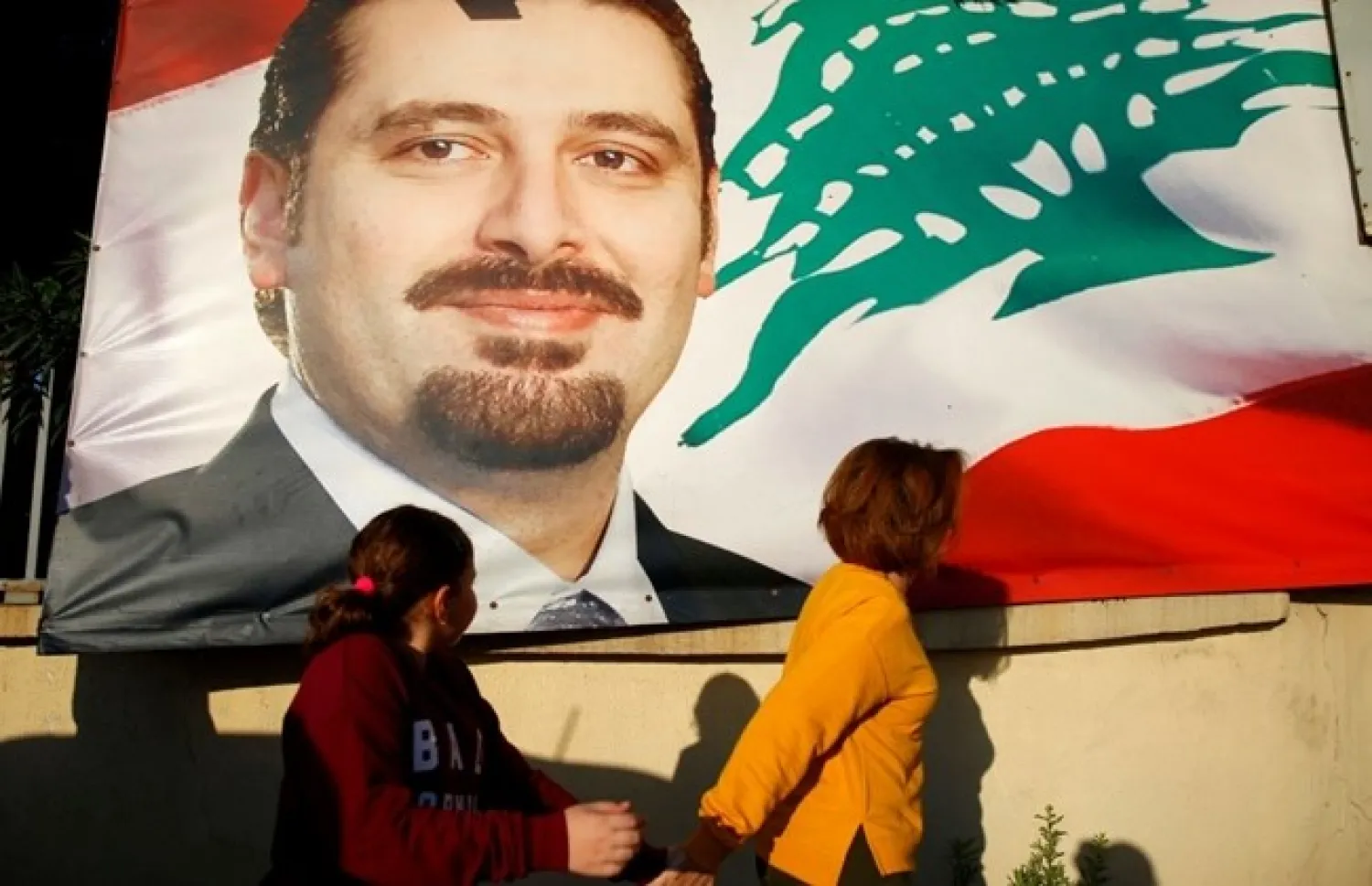Lebanon’s resigned Prime Minister Saad Hariri announced on Sunday he is returning to Lebanon in days.
In a live interview with “Future TV”, from his residence in Riyadh, Hariri strongly responded to claims he was held hostage by confirming he was free to return from Saudi Arabia. “I can leave tomorrow if I want.”
The resigned prime minister also said he wrote the statement of his resignation himself as he wanted to produce a shock in the country.
“I wrote the statement because I wanted to send a positive shock. We cannot say that we apply disassociation and at the same time see a group interfering in Yemen, or be dragged to relations with the Syrian regime, which I will not do,” Hariri said.
The outgoing prime minister said: “I resigned now and I will go back to Lebanon soon and will carry out the constitutional steps needed to formalize my resignation.”
He also explained that he is currently reviewing his security to make a safety net before his return to Lebanon.
However, Hariri added that he might withdraw the resignation if Lebanon fully commits to the disassociation policy and if interference in regional affairs stops, in a sign to Hezbollah’s current meddling in several regional conflicts.
He described his relations with Saudi Arabia as excellent, and that the Custodian of the Two Holy Mosques King Salman bin Abdulaziz Al Saud considers him like a son and Crown Prince Mohammed Bin Salman respects him.
“Between 300 to 400 thousand Lebanese are living and working in the Gulf and others are living in Europe. If we place ourselves in axes, what will happen to these Lebanese? I am responsible of them as a Prime Minister,” he said.
Separately, the Arab League decided to hold an urgent meeting at the level of foreign ministers next Sunday to discuss “means of confronting the Iranian interference in Arab states.”
An Arab diplomatic source said that Saudi Arabia had presented on Sunday an official request asking the Arab League to convene an extraordinary meeting of its Foreign Ministers to discuss the violations committed by Iran in the Arab region.
The source said that the meeting would discuss the Houthi ballistic missile intercepted by Saudi Arabia’s air defenses and brought down near Riyadh airport without causing any casualties more than a week ago.
According to the same source, the Saudi request was welcomed by Bahrain, the UAE and Kuwait.









